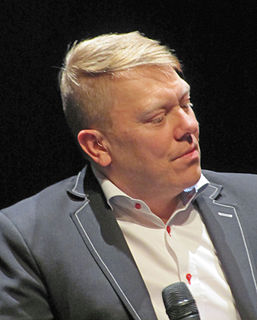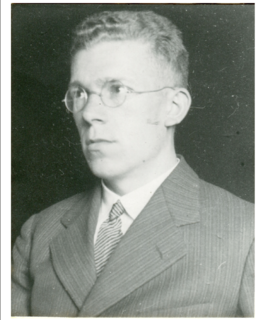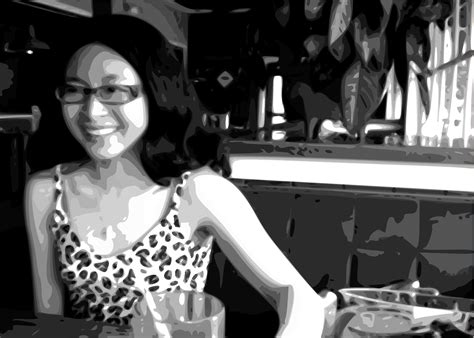A Quote by Temple Grandin
I think that autistic brains tend to be specialized brains. Autistic people tend to be less social. It takes a ton of processor space in the brain to have all the social circuits. I mean after all, the first stone spear was not designed by the totally social people.
Related Quotes
Animals are like autistic savants. In fact, I'd go so far as to say that animals might actually be autistic savants. Animals have special talents normal people don't, the same way autistic people have special talents normal people don't; and at least some animals have special forms of genius normal people don't, the same way some autistic savants have special forms of genius. I think most of the time animal genius probably happens for the same reason autistic genius does: a difference in the brain autistic people share with animals.
I think of myself as a social scientist. In order to get hired and to get promoted, we're forced to declare a disciplinary and sub-disciplinary specialty, so I am a psychologist and I am a social psychologist within that. But I think the exciting thing is to think about the social sciences in general and the nature of society. It's one of the hardest things to think about, because our brains aren't designed to think about these emergent entities. We're not good at it.
By looking at autistic kids, you can't tell when you're working with them who you're going to pull out, who is going to become verbal and who's not. And there seem to be certain kids who, as they learn more and more, they get less autistic acting, and they learn social skills enough so that they can turn out socially normal.
Looking ahead, future generations may learn their social skills from robots in the first place. The cute yellow Keepon robot from Carnegie Mellon University has shown the ability to facilitate social interactions with autistic children. Morphy at the University of Washington happily teaches gestures to children by demonstration.
I suppose it's not a social norm, and not a manly thing to do - to feel, discuss feelings. So that's what I'm giving the finger to. Social norms and stuff...what good are social norms, really? I think all they do is project a limited and harmful image of people. It thus impedes a broader social acceptance of what someone, or a group of people, might actually be like.
Research demonstrates that autistic traits are distributed into the non-autistic population; some people have more of them, some have fewer. History suggests that many individuals whom we would today diagnose as autistic - some severely so - contributed profoundly to our art, our math, our science, and our literature.
In an ideal world the scientist should find a method to prevent the most severe forms of autism but allow the milder forms to survive. After all, the really social people did not invent the first stone spear. It was probably invented by an Aspie who chipped away at rocks while the other people socialized around the campfire. Without autism traits we might still be living in caves.































